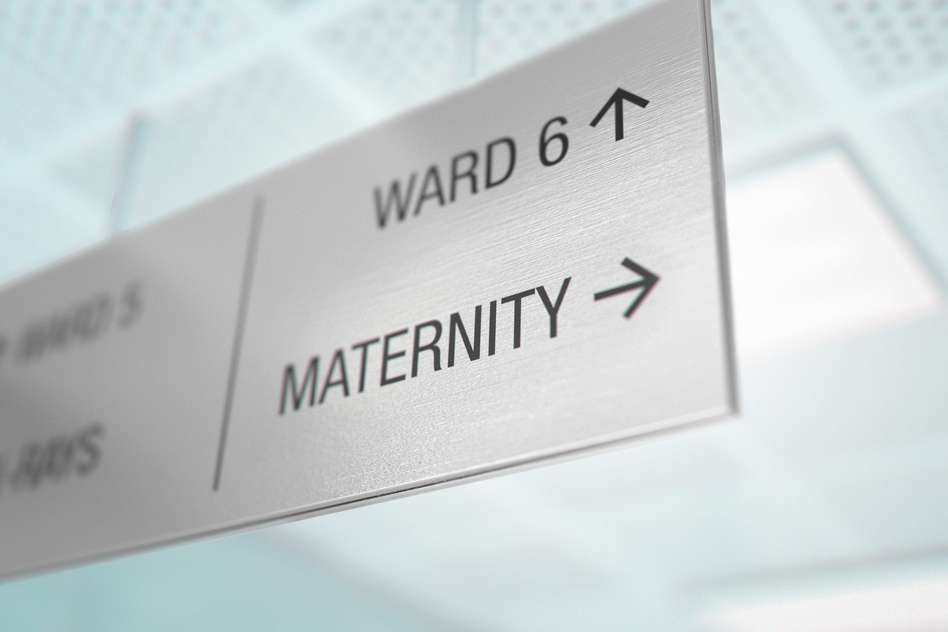medical negligence
Maternity errors result in stillbirth of couple’s first baby and significant injuries to mother

Sarah* had a traumatic experience when she lost her baby, and suffered from severe, permanent injuries which led to her decision to leave the UK.
Sarah was admitted to a leading NHS Hospital based in London for a planned induction of labour. She was induced in the afternoon and contractions started that same evening. However, even though Sarah was experiencing regular contractions alongside severe levels of pain and bleeding, staff at the Hospital failed to recognise that she was in active labour. That night, the baby’s heart rate was detected dropping during CTG monitoring and there were episodes of shallow decelerations, but no action was taken.
The next day, Sarah was given a full dose of gels for induction and regular contractions started during the night. Although Sarah’s husband Daniel* made repeated requests for attention over a period of several hours, no physical checks or CTG monitoring was provided. Sarah’s contractions became more regular and painful, and Daniel again repeatedly asked for help but was ignored.
On the third day, Daniel once again repeatedly asked for help and for CTG monitoring and by this point, Sarah’s pain levels had become unbearable. CTG monitoring was eventually performed but staff could not detect the baby’s heartbeat. Sarah and Daniel’s baby was heartbreakingly pronounced dead.
Even after the death of her baby was confirmed, Sarah was not offered any consultant support or advised of any alternative options for delivery. She was then left for seven-and-a-half hours pushing on her own to deliver her baby with no physical or psychological support from staff. Sarah’s physical condition became extremely poor, and Daniel was terrified that he would lose his wife as well as his baby. The prolonged second stage of labour resulted in severe, permanent injuries to Sarah.
The experience was deeply traumatic with both Sarah and Daniel suffering from significant PTSD. Due to the physical and psychological trauma sustained following the incident, Sarah and Daniel felt they had no choice but to leave their home in London and move abroad to be closer to Sarah’s family for support.
Shortly after the tragic incident, the couple in their 30s, got in touch with Alison Hills. A letter of claim was sent to the Trust, who promptly admitted liability and accepted that had active labour been diagnosed and continued foetal monitoring been performed, then the baby’s death would have been avoided.
The Trust also admitted that a senior obstetrician should have been involved and advised Sarah about her options for delivery and that if delivery had been expedited after the death of the baby had been confirmed, then Sarah would have avoided the prolonged labour and subsequent injuries.
An assessment of the couple's potential lost earnings, care costs, medical expenses, relocation costs and several other expenses is currently underway before negotiations can commence and a final compensation figure can be agreed with the Trust.
Tees Law’s Medical Negligence Senior Associate Solicitor Alison Hills said: "This is one of the most tragic cases that I have ever come across in my 20-year career. Not only was the death of Sarah and Daniel’s baby wholly avoidable, but there were several failures of care even after the death was confirmed, which then led to a number of significant and permanent injuries to Sarah. Their lives have simply been turned upside down with every single aspect of their lives being adversely affected.
Whilst no amount of compensation will ever bring their baby back, I am hoping that when their case settles, Sarah and Daniel will be able to achieve some form of closure and start to heal from these heartbreaking events, and that lessons will be learnt for the Trust to avoid similar mistakes being made in the future”.
*Names have been changed to protect the privacy of our clients.
Our medical negligence lawyers are based in:
- Cambridgeshire: Cambridge
- Essex: Brentwood, Chelmsford and Saffron Walden
- Hertfordshire: Bishop's Stortford & Royston
But we can help you wherever you are in England and Wales.
Chat to the Author, Alison Hills
Senior Associate, Medical Negligence, Chelmsford office
Meet Alison
